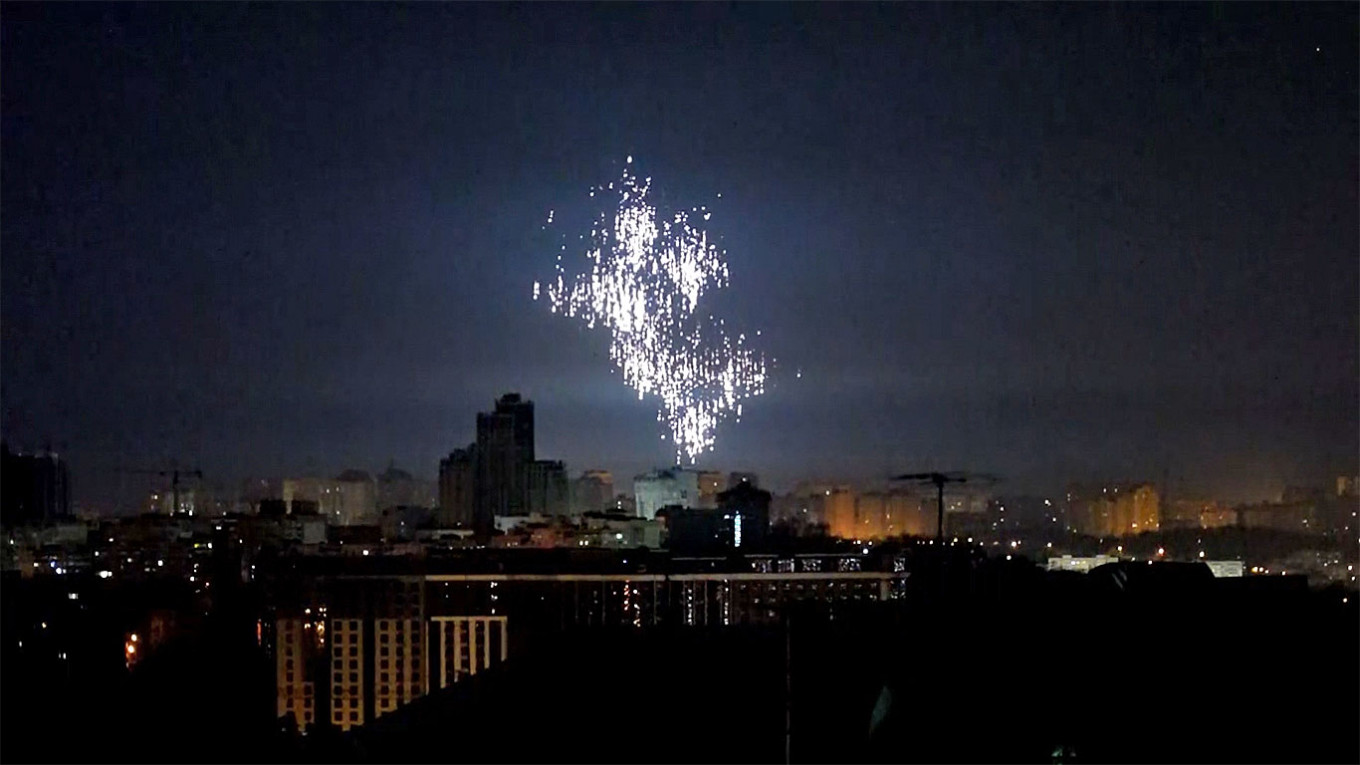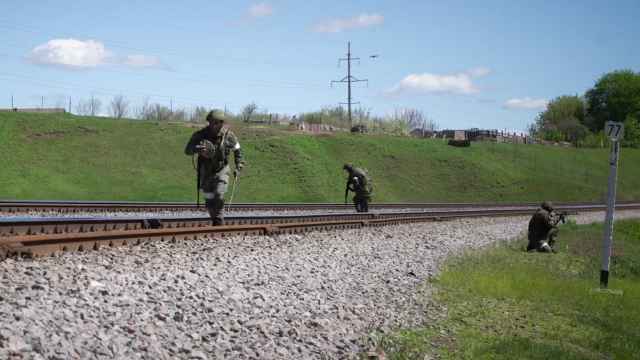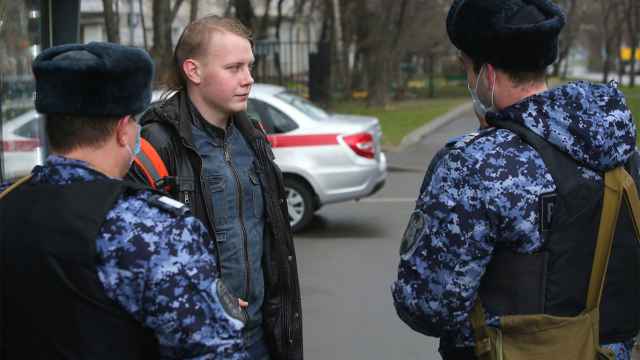In a grainy, black and white video published Friday, a Russian jet swoops low over Snake Island in the Black Sea, recently vacated by Russian troops, and drops several bombs.
According to the Ukrainain military, the bombs contained white phosphorus.
Russia has deployed a huge array of weapons in the four months of its ongoing military campaign in Ukraine, but some of the most controversial are incendiary weapons, including white phosphorus munitions.
Incendiaries are so feared not only for their indiscriminate nature — meaning they disperse over a wide area and are more likely to come into contact with civilians — but also for the horrific injuries they inflict.
But what is white phosphorus, what does it do and what is the evidence that Russia has used it in Ukraine?
What are incendiary weapons?
Made up of flammable substances that burn brightly, incendiary weapons are used to set fire to enemy positions, create smoke screens to hide troop movements, and provide illumination in low-light conditions.
But the category of “incendiary weapon” is a broad one. It can include weapons like incendiary grenades and flamethrowers, as well as unguided bombs — known as submunitions — filled with incendiary agents like napalm or white phosphorus.
What is white phosphorus?
A pungent, wax-like substance, white phosphorus produces a thick white smoke when it burns, making it effective for masking friendly force movement, experts said.
But phosphorus is also infamous for the damage it can cause to both humans and the area where it is deployed.
Igniting when it comes into contact with oxygen, phosphorus burns at 800 degrees Celsius, burning to the bone if it comes into contact with human skin.
“White phosphorus burns are nasty because they’re not a traditional fire, so if you add water it can actually make it worse,” Brian Castner, a war crimes investigator for Amnesty International specializing in bombs and bullets, told The Moscow Times.
Has Russia used white phosphorus in Ukraine?
While The Moscow Times was not able to verify the use of white phosphorus by Russia, Ukrainian officials — including President Volodymyr Zelensky — have said repeatedly that the controversial incendiary has been deployed.
“This morning, by the way, there were phosphorus bombs. Phosphorus Russian bombs. Adults were killed again and children were killed again,” President Volodymyr Zelensky said during a virtual address to NATO leaders on March 25.
White phosphorus munitions were used by Russia against the city of Kramatorsk in March, according to a video shared online by Oleksiy Biloshytskiy, deputy head of Kyiv police, which shows onlookers gathering round a heavily smoking munition.
“Another evidence of phosphorus bombs used by Russian invaders. In Kramatorsk this time #WarCrimes,” Biloshytskiy said in a tweet.
Donetsk regional Governor Pavlo Kyrylenko said in late March that Russian forces were deploying phosphorus against Ukrainian defenders holed up in Mariupol’s besieged Azovstal steel plant.
Russian officials have not responded to claims that Moscow’s forces have used phosphorus bombs in Ukraine, but have instead accused Kyiv itself of using the substance.
"Desperate to contain the offensive by troops from the Russian Armed Forces, Ukrainian Armed Forces began to use ammunition filled with phosphorus in the suburbs of Kyiv," Russian Defense Ministry spokesman Igor Konashenkov said in February.
Which incendiary weapons are Russia using in Ukraine?
“Russia has a range of incendiary munitions that it might use,” said Sam Cranny Evans, a military analyst at the London-based Royal United Services Institute.
And as many incendiary weapons share similar qualities when deployed, it’s likely that the use of other incendiaries has, at times, been mistaken for white phosphorus.
One of the materials often confused with white phosphorus is thermite, Cranny Evans said.
Like white phosphorus, thermite burns at very high temperatures — but does not produce as much smoke and is used solely for creating fires.
Is the use of white phosphorus legal?
Due to its indiscriminate nature, the use of weapons containing white phosphorus is tightly restricted. However, they are not banned outright under international law.
Agents like phosphorus and thermite have some legitimate uses in war, but the United Nations Convention on Certain Conventional Weapons (CCW), signed by 113 countries including Russia and Ukraine, bans the use of incendiary weapons in civilian areas.
Under the convention, phosphorus can be used in open spaces to conceal military movements but not to set fire to military targets if they are “within concentrations of civilians.”
But Russia has repeatedly disregarded these conventions throughout the war in Ukraine, according to Amnesty International’s Castner.
“Russia just destroys everything block by block, and is not paying attention to whether it's a civilian or military target,” he said.
A Message from The Moscow Times:
Dear readers,
We are facing unprecedented challenges. Russia's Prosecutor General's Office has designated The Moscow Times as an "undesirable" organization, criminalizing our work and putting our staff at risk of prosecution. This follows our earlier unjust labeling as a "foreign agent."
These actions are direct attempts to silence independent journalism in Russia. The authorities claim our work "discredits the decisions of the Russian leadership." We see things differently: we strive to provide accurate, unbiased reporting on Russia.
We, the journalists of The Moscow Times, refuse to be silenced. But to continue our work, we need your help.
Your support, no matter how small, makes a world of difference. If you can, please support us monthly starting from just $2. It's quick to set up, and every contribution makes a significant impact.
By supporting The Moscow Times, you're defending open, independent journalism in the face of repression. Thank you for standing with us.
Remind me later.







